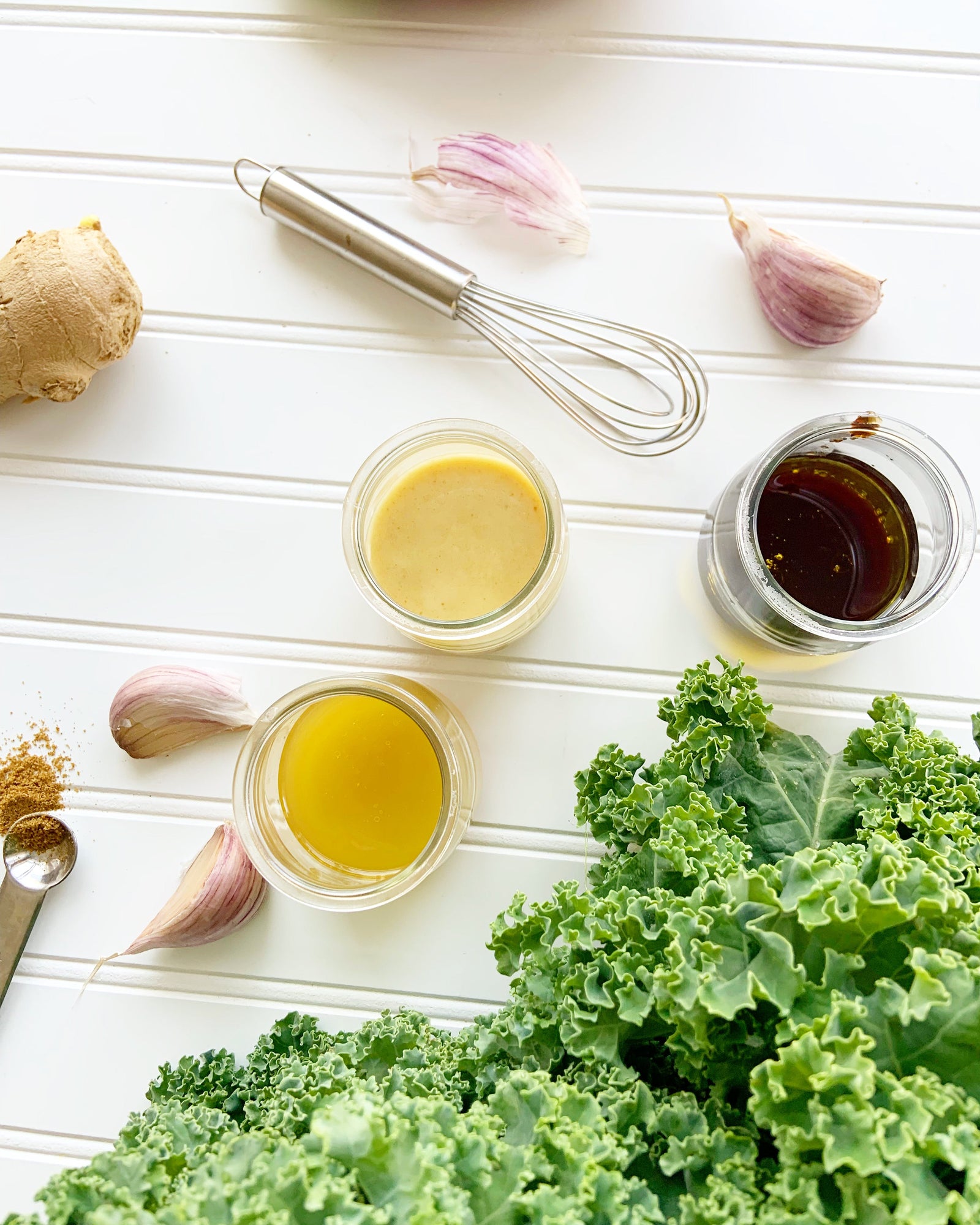If you're hooked on eating sustainably, come trawl into some fishy business with me, and discover 5 things you need to know when buying sustainable seafood. After a lot of research, and interviewing a few experts (you can listen to one such interview on the Natural Health Influencer Podcast – Episode 32), you cod not believe the facts caught about the fishy business of seafood. In this research-packed catch of a blog, enjoy a deep dive into the fishing industry, what organizations are doing to fix problems that exist, and answers to many of your most frequently asked questions about buying sustainable seafood.
What does Sustainable Seafood mean?
Sustainable seafood means that it was fished:
- From stocks with healthy populations
- With minimal impact on the marine environment
- In an area with effective, responsive, and responsible management.
To be certified as sustainable, a fishery must leave enough fish in the sea so stocks (fish populations) can reproduce and fishing can continue to go on forever. Also, fishing operations must minimize environmental impact and may be managed in a way that the wilder marine environment (plants, animals, and habitats) can flourish and support life. Plus, there must be good and effective fisheries management in place that can respond to changes in the environment and plan appropriately for the future. It’s vital that we safeguard the ocean’s resources to protect not only the planet but also to secure the food and livelihoods of people.

5 Things You Should Know About Buying Sustainable Seafood
Get hooked on these 5 things you should know about sustainable seafood. Discover how you can get on board with this movement to protect our big blue ocean, and the food it provides, so it’s here for future generations.
1. Buying Sustainable Seafood Matters.
If you’re out shopping and are buying seafood, catch a product with a certified sustainable label– it matters in more ways than you may realize! Sustainable seafood improves the protection of vulnerable species, including turtles, birds, and other species. Since climate change is altering the distribution of fish stocks and their food sources, it’s important to know that fisheries that are certified sustainable must adapt and continue to improve after certification.
The Solution: By using scientific research and collaborative efforts amongst fisheries, scientists, and policymakers, certified sustainable fisheries adapt to improve their practices to ensure a big blue future. Supporting these practices is possible, simply by choosing to purchase seafood that is certified sustainable.
2. Over 1/3 of the World’s Fish Stocks are Being Overfished – But, There’s a Solution in Place.
The collapse of Canada’s Grand Banks cod stocks was a cold splash in the face in 1992 - our fishing practices at home and around the world had to change. From this, sustainable seafood started, and sine then it’s been making waves, and it’s working. Overfishing is not going to be solved by eliminating seafood from your diet altogether, surprisingly. Sure, that removes your impact of seafood supply chains, but your alternative food choice could unintentionally increase your impact on land-based produced foods, negatively impacting the environment (fish have a low carbon footprint). Plus, as you know I’m a lover of nutritious food, seafood can be a very nutritious addition to your balanced meals that feature lots of whole-foods and plants.
The Solution: The solution to overfishing is to try to catch fewer fish. The world could eat more fish if we try to catch less. As consumers, we can be a part of solution by choosing certified sustainable fish. (For more on how to find certified sustainable fish, see #4 below).
3. Together We Can End Overfishing
Today, we all have caught onto the importance of protecting this wild food source, the jobs it creates, and the importance of a healthy ocean in our planet’s survival. The World Resources Institute estimated we will need 50% more food to feed our growing population, by the year 2050. Researchers from Duke’s University, reported in the journal Nature, that catch share programs (individual fishers or groups of fishers receive secured rights to an allotted portion of a fishery's total allowable catch, regardless of when they land their portion during the year) used in Alaska are helping reduce the race to fish, which helps humans and promotes practices that can lead to overfishing. The introduction of sustainable fishing practices has been able to reverse damage and overfished fisheries back to healthy levels. (Curious about how that can happen? Take a look at the West Coast Groundfish or the Ben Tre Clam fisheries). Together we can end overfishing because there is a solution in place.
The Solution: There’s a global community working to ensure seafood can continue to be enjoyed for years to come. You can ask about where your seafood came from, who harvested it, did they get a fair wage, and what is its environmental impact, when deciding what to buy. If you’re a busy parent like me, I look for a certified sustainable seafood logo on products that I’ve researched and I trust - like the MSC blue fish logo.
4. Not all Seafood Labels are Equal.
To stay afloat amongst all the seafood labels out there, looking for a lifejacket you know helps. There is one logo, recognized globally as the leader in sustainable fishing: The MSC (Marine Stewardship Council) has been on a mission for more than 20 years to end overfishing, working together to restore our ocean. But, how does the blue fish label compareto other sustainable logos? The MSC blue fish label tells you that seafood is wild and sustainably caught in a way that considers the health of the whole ocean ecosystem (not just a particular species, such as dolphins). In fact, data from MSC is used by the UN Environment Program and other intergovernmental organizations to track progress towards international goals to end overfishing and protect biodiversity, including the UN Convention on Biodiversity’s Aichi Targets. You might like to know that purchases of MSC certified products helps fund ocean conservation – it feels great to know your shopping choices are having a positive impact on the environment.
The Solution: No single organization can solve the multitude of problems associated with global overfishing, but buying sustainable seafood with the MSC blue fish label can be a simple way we can all help make waves that propel our global community towards a better future for our oceans, and our planet.
5. Local Does Not Mean Sustainable.
A common misconception has been swimming around, that local seafood is more sustainable. Sadly, there is a very large definition in the US about “local" being a food within 400 miles (that’s like swimming from San Francisco to Long Beach in Los Angeles). Seafood is global – fish cover a lot of kilometers in the ocean each year. If you have a chance, ask your local fisherman how the fish was caught. If that’s not an option, you can look for a certified sustainable instead. (If you like buying local as part of your efforts to lower your carbon footprint, you may enjoy reading about how fish is a low-carbon protein.)
The Solution: Fisheries around that world that are leading the industry in their sustainable practices and continuing to adapt to ensure we are catching less fish, protecting vulnerable species, and managing the planet’s fisheries so they are here for generations to come can be easily identified by looking for the little blue fish logo.

Sponsored by the Marine Stewardship Council, 2021.
Also in Blog

The Microbiome Diet: Gut Health, the Human Microbiome and Your Health
Your guide to the human microbiome, with insights into the Microbiome Diet, and whether it can improve your health, including indigestion.

Why Can't I Sleep: Your Guide to Better Sleep




